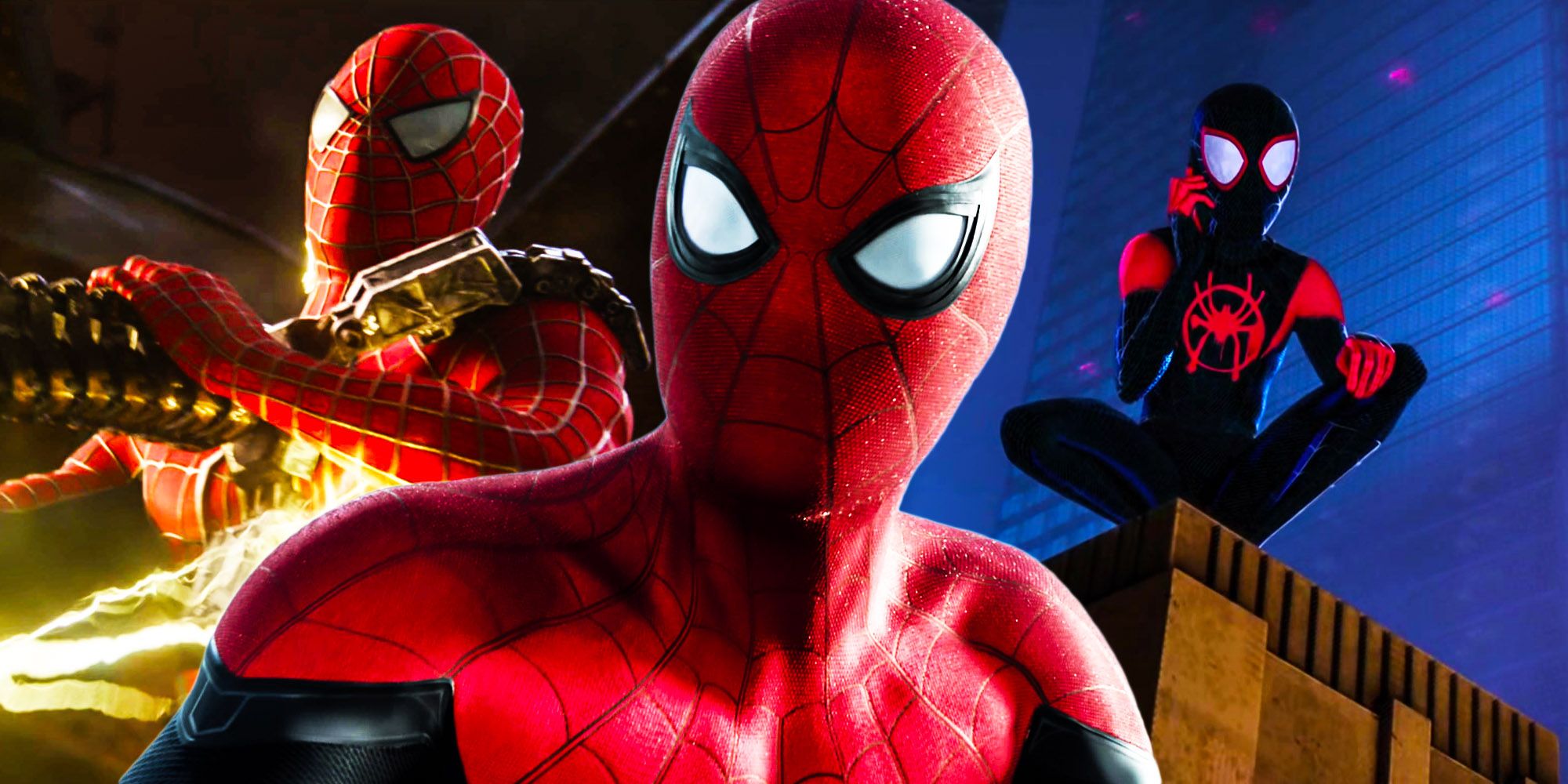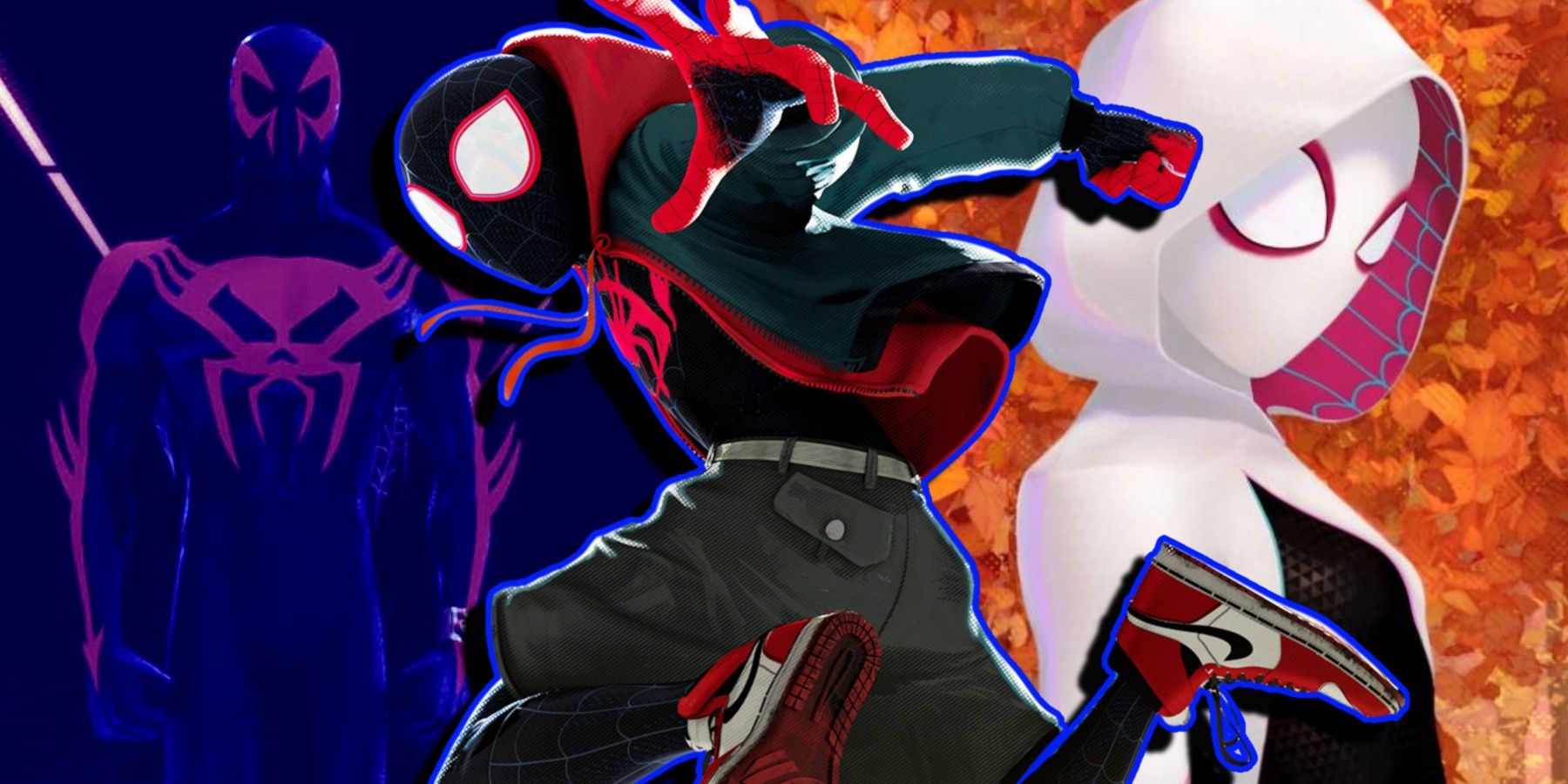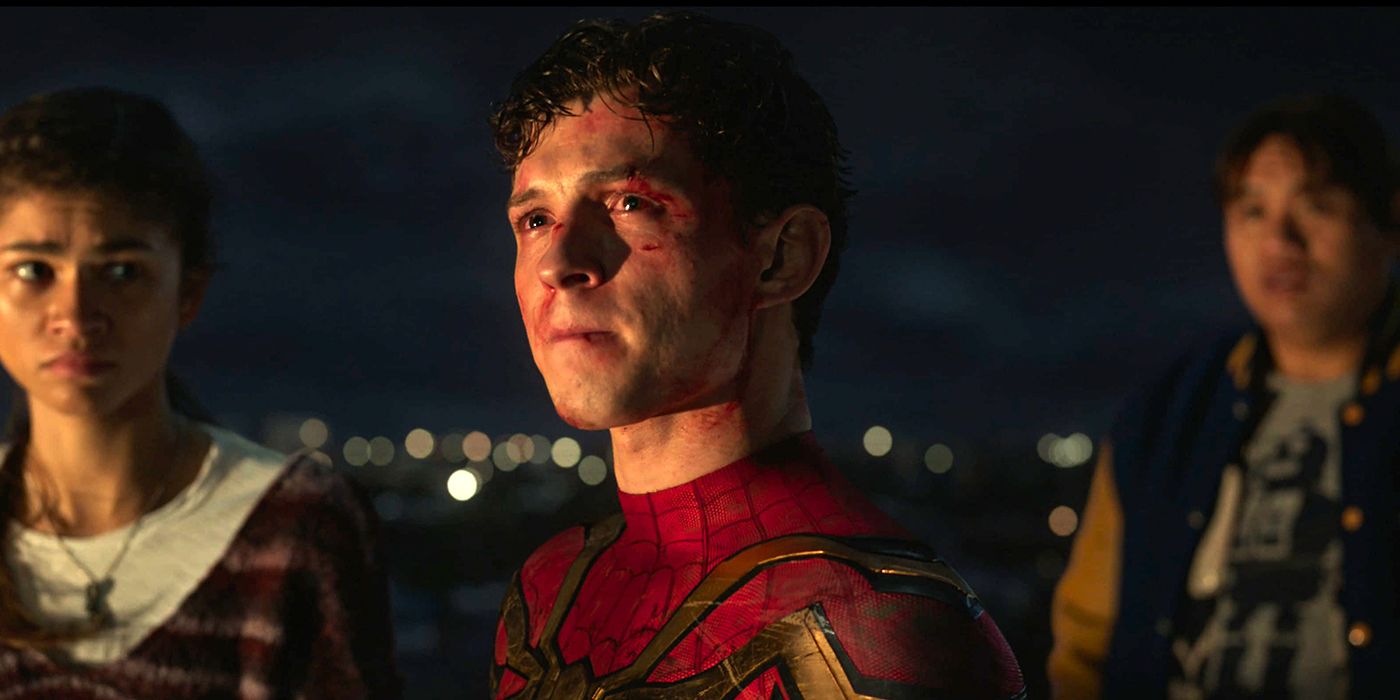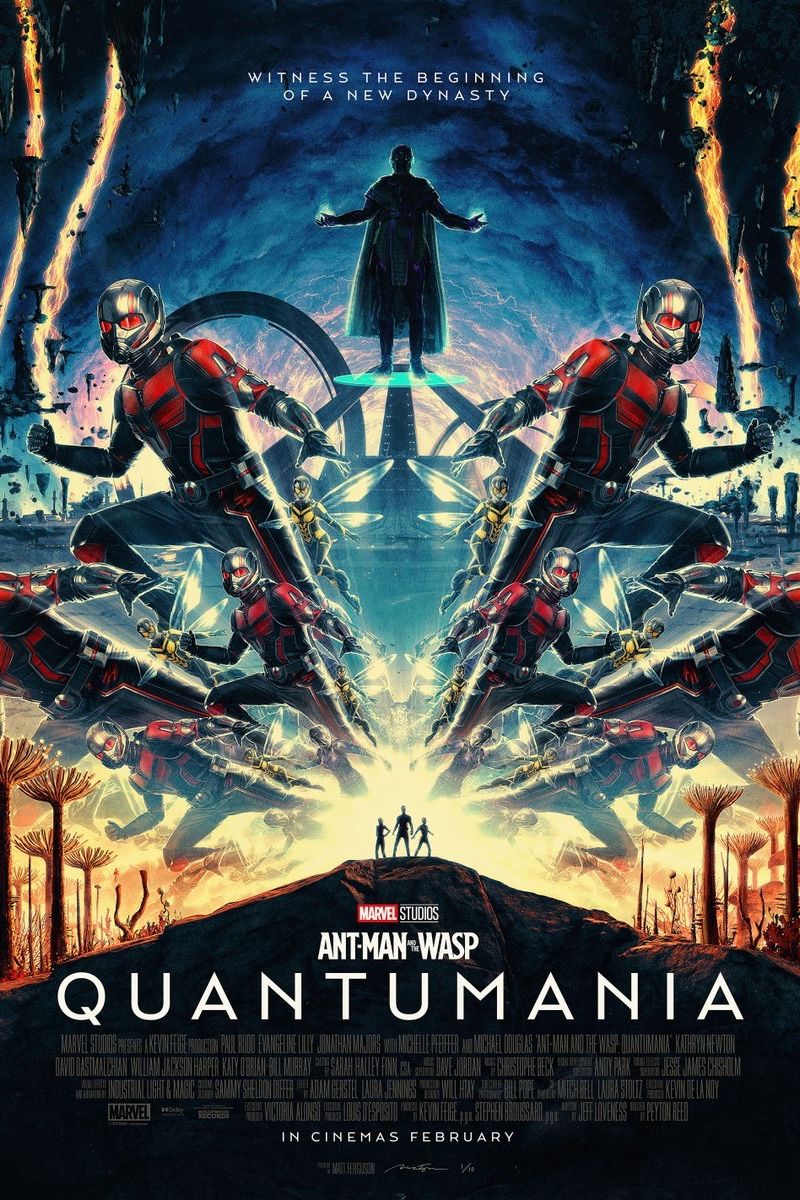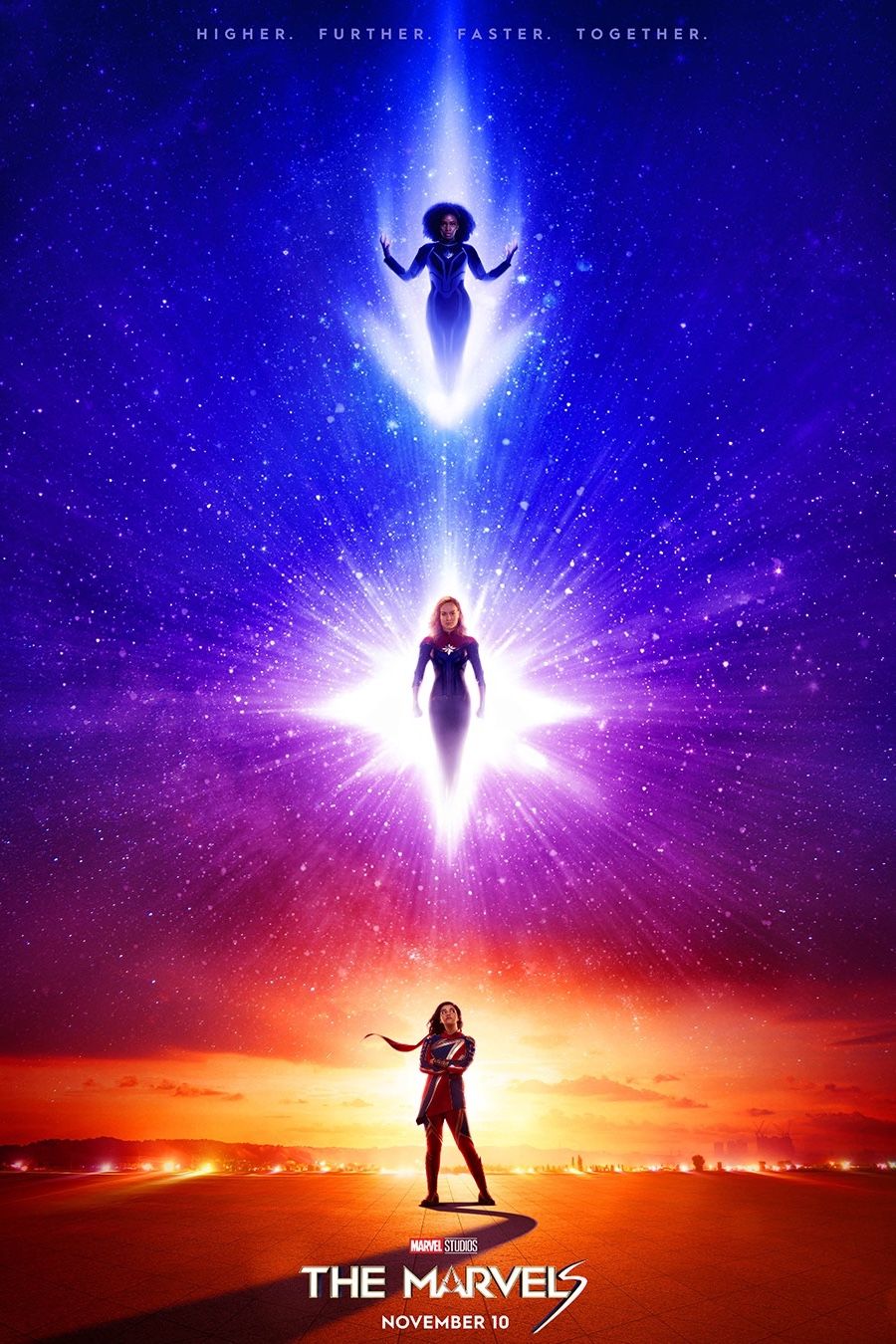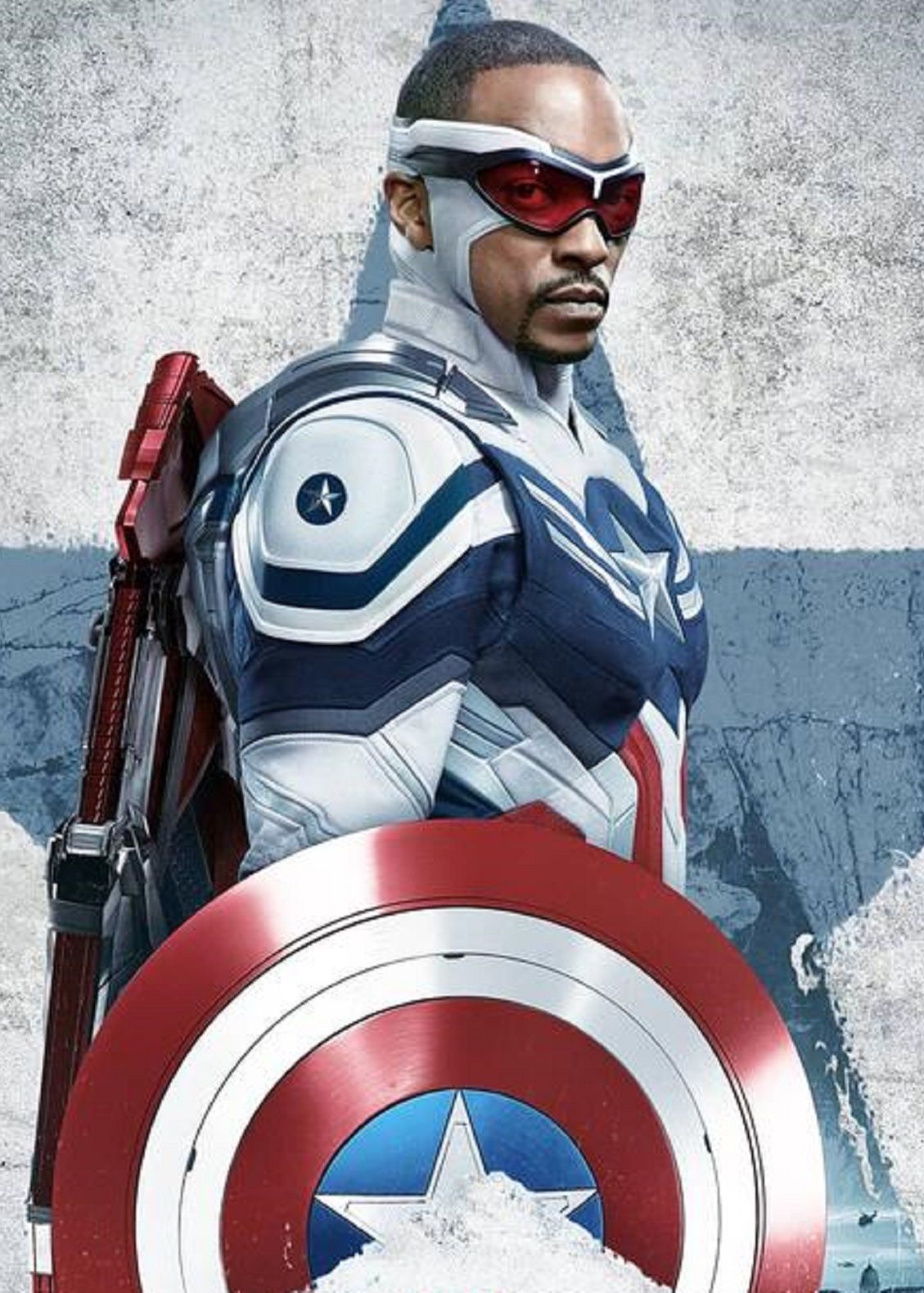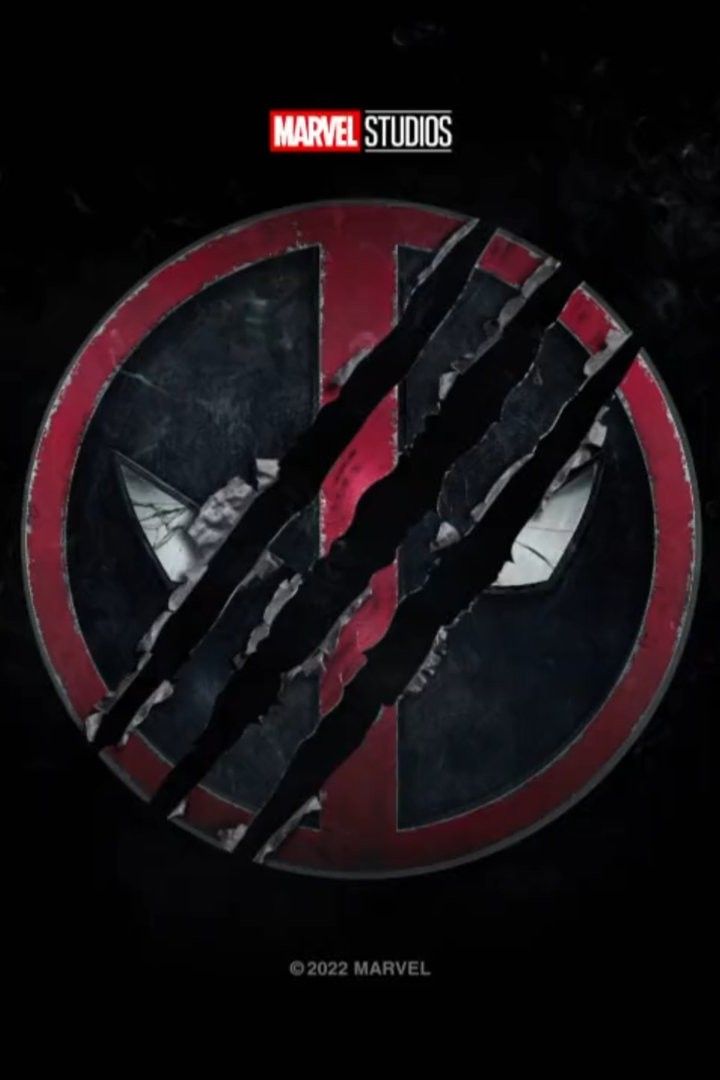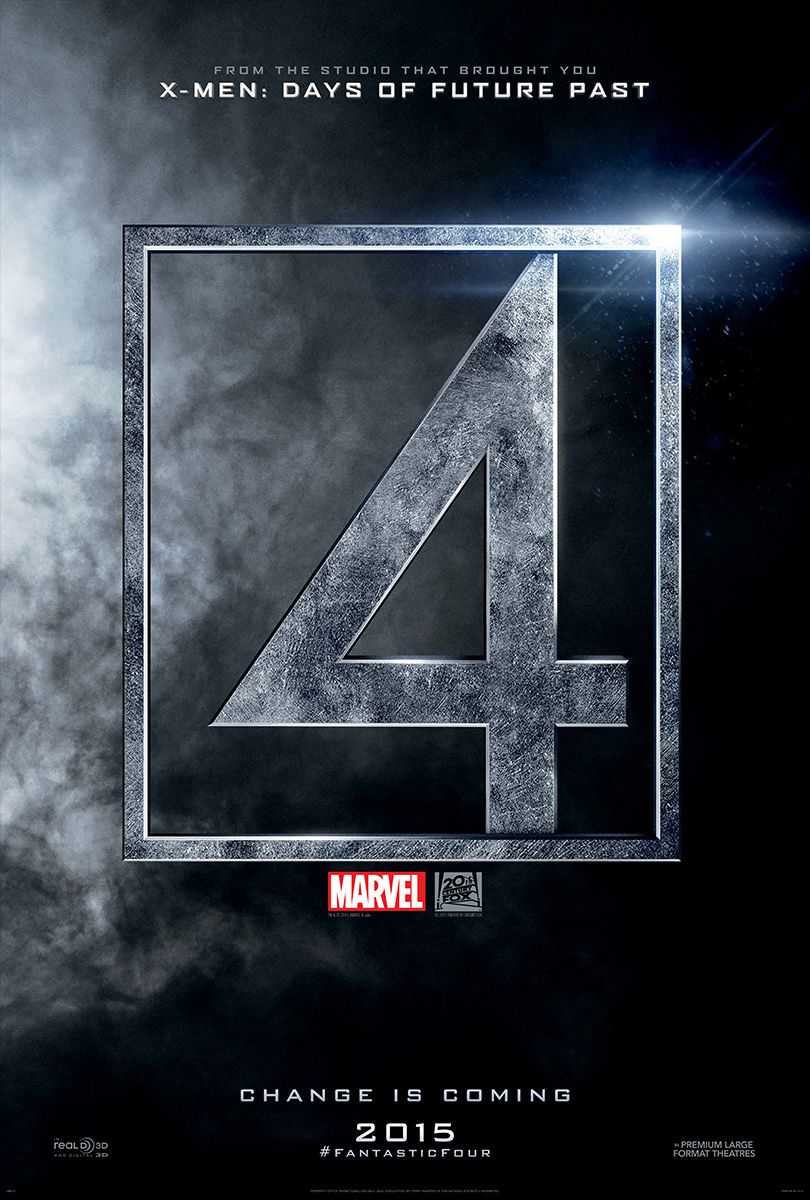A former Spider-Man actor has explained why Peter Parker's famous mask is one of the most important elements behind the character's success. Marvel's web-slinger has remained one of the world's most popular superheroes since his 1962 debut, and that enduring appeal has given rise to countless iterations of the character both in film and TV. While nerdy high-schooler Peter Parker has been the most common version Spider-Man portrayed onscreen, the success enjoyed by Spider-Man: Into The Spider-Verse proves Spider-Man's message is universal.
Nicholas Hammond, who played Spider-Man in the 1970s The Amazing Spider-Man series, notes (via With Great Power... by Sean O'Connell) that the Peter Parker costume was integral in making Spidey relatable for all backgrounds. Recalling talks to audiences of mostly Black and Hispanic children, Hammond comments, "These fans could relate to a guy who is basically no color when he's in a suit... they can see themselves in that suit because they're not looking at a white face." Hammond claims Spider-Man is "kind of the first racially-neutral character a lot of these kids have seen on television." The mask means anyone can be Spider-Man, which is crucial to his wide appeal.
Spider-Man: Into The Spider-Verse Realized The Mask's Potential
Nowhere is the message that anyone can be Spider-Man more apparent and fully-developed than in Spider-Man: Into The Spider-Verse. Miles Morales, the animated movie's central protagonist, is the first nonwhite character to don Spider-Man's famous mask in film. Spider-Man: Into The Spider-Verse takes its star's universal symbolism even further by expanding into the multiverse. After Kingpin botches a collider experiment and shatters the boundary between realities, a host of Spider-People from other dimensions arrive, including Spider-Man Noir, Peni Parker, Spider-Ham, and Spider-Gwen.
Spider-Man: Into The Spider-Verse proves Spider-Man transcends race, gender and, in Spider-Ham's case, even species. Moreover, Miles Morales' personal struggle accepting his own identity and right to wear the mask becomes a central theme in the narrative. Nurtured by Peter Parker and other Spider-People, Spider-Man: Into The Spider-Verse shows Miles emphatically rising to the challenge and becoming the official Spider-Man of his universe. In a perfect example of its importance, the mask allows Miles to leave behind his personal insecurities and become a superhero judged for his actions, not his appearance underneath the mask.
Will The MCU Follow The Same Spider-Man Pattern?
While Spider-Man's future in the franchise is not yet confirmed, Tom Holland has expressed his desire to see Peter Parker pass down his MCU mantle (via People). To that end, Spider-Man: Homecoming already hinted at the presence of Miles Morales in the MCU with a cameo appearance by Donald Glover as Miles' uncle, Aaron Davis, and Spider-Man: No Way Home featured Jamie Foxx's Electro joking about the lack of Black Spider-Men. Even if Tom Holland continues in the role, Spider-Man: No Way Home proves a web of wildly different Spider-People can coexist in the same multiverse, leaving the introduction of a new full-time MCU web-slinger distinctly possible.
Although it remains unclear precisely how Spider-Man will fit into the MCU beyond the Multiverse saga, the innate inclusivity of the character means Tom Holland's departure from the MCU need not spell the end of Spider-Man in the franchise. As Nicholas Hammond says, the mask means Spider-Man can be anyone. If Spider-Man can be anyone, fans can reasonably hope to see Miles Morales and other iterations of the web-slinger swing into upcoming Spider-Man movies.

